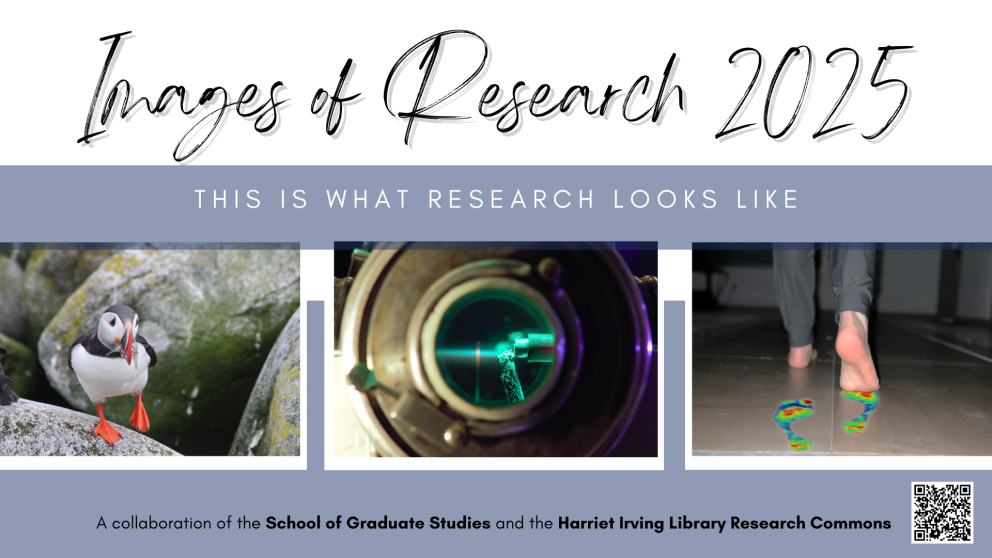
On January 27th, 2025, Eileen Wallace, ONB, DLitt, founder of the Eileen Wallace Children’s Literature Collection (UNB Libraries), passed away on her 101st birthday. To honour her significant contributions to the study of children’s literature, children’s librarianship, and childhood literacy in the province, UNB Libraries is hosting a memorial tribute on Wednesday May 14th, from 2–4pm in the Event Space, 3rd floor, Harriet Irving Library.
Speakers will include writer, poet, and literacy advocate, Sheree Fitch, and Sue Fisher, Curator of the Wallace Collection.
A special exhibition honoring Eileen Wallace and her collection is also on display in the HIL Research Commons, 3rd floor of Harriet Irving Library, throughout the month of May.
Wednesday May 14th 2025, 2–4pm
Event Space, 3rd floor, Harriet Irving Library, Fredericton.
Light refreshments will be served.
All are welcome. RSVP pollockl@unb.ca




